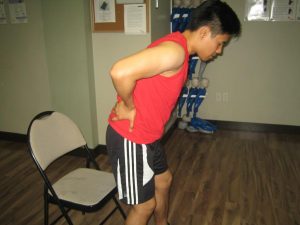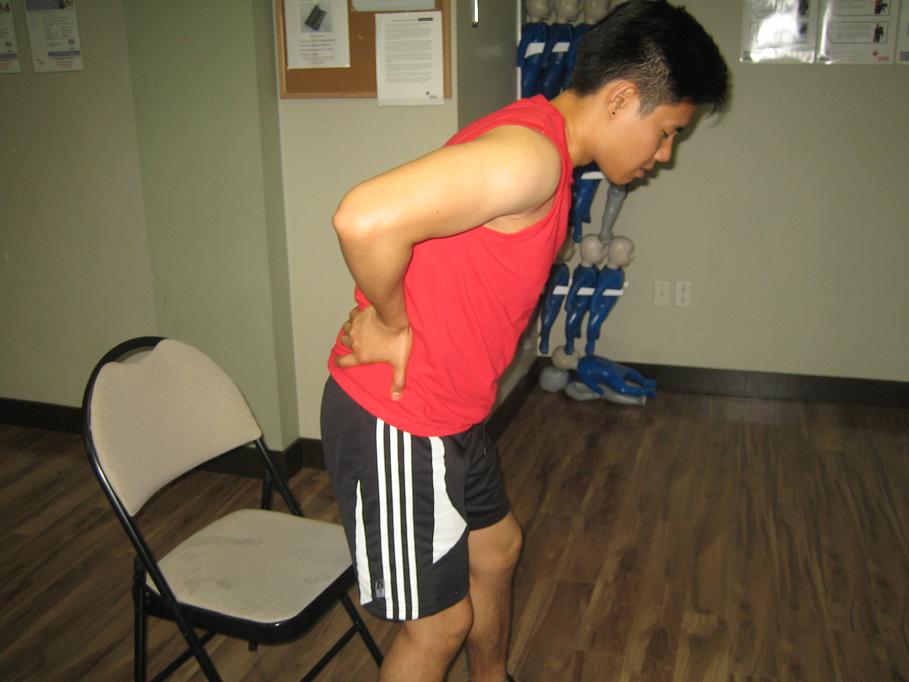A pinched nerve happens when there is compression or pressure placed on a nerve that results to pain and discomfort. A pinched nerve in the hip happens when the area is overstretched or compressed in the mid-section of the body. This area makes numerous body movements and any injury in the hip can cause severe pain and discomfort.
[youtube url=”https://www.youtube.com/watch?v=EFizleOxLXY” width=”220″]Symptoms of pinched nerve in the hip
- A throbbing and radiating hip pain can be felt at the affected area.
- Incapable of performing activities as the area becomes severe
- Numbness and tingling sensation and sometimes there is loss of sensation in the affected area.
- Burning sensations such as the “pins and needles” sensation in the compressed area.
Causes

- Overuse of certain areas in the body and placing significant pressure on the nerve.
- Maintaining a certain position for long periods of time.
Treatment
- Protect the affected nerve by avoiding making the condition worse. Protect the hip against hot baths, saunas and placing of hot packs on the affected area and avoid unnecessary movements.
- Take plenty of rest and avoid performing any activities that makes the condition worse during the first 24-72 hours. Sit and lie down as much as possible.
- Wear a splint and place bandages on the affected area to immobilize and prevent unnecessary movements and worsening of the condition.
- Wrap a few ice cubes in a damp towel and apply on the affected hip for at least 15-20 minutes every 2-3 hours every day. The cold numbs the pain and lessens the inflammation.
- When laying down, elevate the affected hip by placing 1-2 pillows under the hip so that the area is above the level of the heart. It increases the flow of blood in the area and promotes rapid healing of the condition.
Additional measures
- Massage the hip using warm oil since it relaxes the affected area. Massage the area using steady strokes and continuous pressure to lessen the spasms, relax the muscles of the hip and lessen the stiffness in the nerve. Sometimes, gentle vibration can also help.
- Consult a doctor regarding the use of brace or splint for the hip. Wearing a brace or splint minimizes unnecessary movements and allows the muscles to rest, lessen the discomfort caused by the pinched nerve and promotes healing of the condition.
- Take the prescribed pain medications to lessen the pain and inflammation and over-the-counter variants such as paracetamol.
- Perform a piriformis stretch which is an exercises that stretches the muscles of the hip and lower back to lessen the stiffness and pressure placed on the hip. Sit in a chair with feet flat on the floor. If the pain is on the left side of the hip, put the left ankle on top of the right knee. If the hip is on the right side, do the opposite. The individual should lean in a forward manner until a stretch occurs on the left side of the exterior hip and lower back and remain in that position for at least 10-20 seconds.
FACT CHECK
https://www.healthline.com/health/pinched-nerve-in-hip
https://www.medicalnewstoday.com/articles/321098.php
https://www.webmd.com/pain-management/guide/compressed-nerves#1

